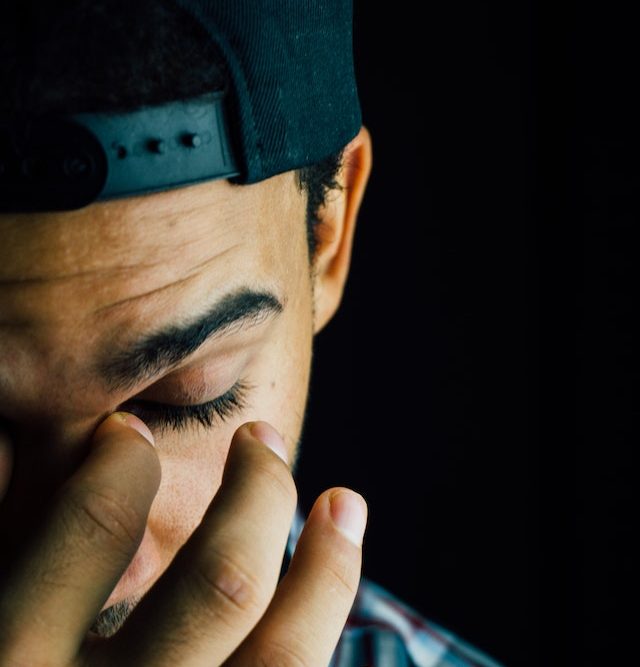 Legislation passed this summer in Oregon will allow students five excusable mental health days in a three-month period. In Utah, permissible illnesses were expanded in 2018 to include mental illnesses in addition to physical illnesses.
Legislation passed this summer in Oregon will allow students five excusable mental health days in a three-month period. In Utah, permissible illnesses were expanded in 2018 to include mental illnesses in addition to physical illnesses.
The data shows a sizable number of U.S. students could benefit if other states pass similar laws. A 2017 report from the Centers for Disease Control and Prevention (CDC) found nearly a third of all high school students had experienced significant periods of sadness and hopelessness within the past year, and 17 percent had contemplated suicide—both percentages represent a significant increase in the last decade. Since 1999, the suicide rate has increased nationally by 30 percent, and is particularly high for girls, children living in rural areas, and students during the school year, according to a study published in the medical journal Pediatrics.
According to mental health advocates, the changes in school policy—along with other efforts—have been big steps in reducing the stigma around youth mental health and suicide, which have long been shrouded in shame. “The first step to confront this crisis is to reduce the stigma around it. We need to say it’s just as o.k. to take care for mental health reasons as it is to care for a broken bone or physical illness,” said Debbie Plotnick, a vice president at Mental Health America, to the Associated Press.
The new legislation in Oregon and Utah follows on the heels of other recent state efforts that push schools to ramp up supports and resources for student wellness. Virginia and New York both now require mental health education in schools, and a law passed in 2016 in California mandates all 7-12 schools develop suicide prevention policies.
The changes reflect a growing interest in fostering students’ social and emotional as well as academic development, recognizing that students often need more than high-quality instruction to succeed. Mindfulness and meditation programs, along with other strategies for building student resilience and coping with stress, have all come into vogue in recent years. Increasingly, research validates those efforts, concluding that non-academic supports are critical to a child’s development and lifelong outcomes.
Excerpted from “Reducing the Stigma Around Student Mental Illness—A Day at a Time,” published in Edutopia. Read the full article.
Read more about mental health day legislation in these New York Times and the Associated Press (AP) articles.
Source: Edutopia | Reducing the Stigma Around Student Mental Illness—A Day at a Time, https://www.edutopia.org/article/reducing-stigma-around-student-mental-illness-day-time | ©2019 George Lucas Educational Foundation
A screening can help you determine if you or someone you care about should contact a mental health professional. Care Coordinators can arrange a free 30 minute Care Consultation so you can explore options with an expert. Call or email our Care Coordinators at 650.688.3625 or careteam@stage.chconline.org to set up an initial Consultation appointment.
This resource is filed under:





